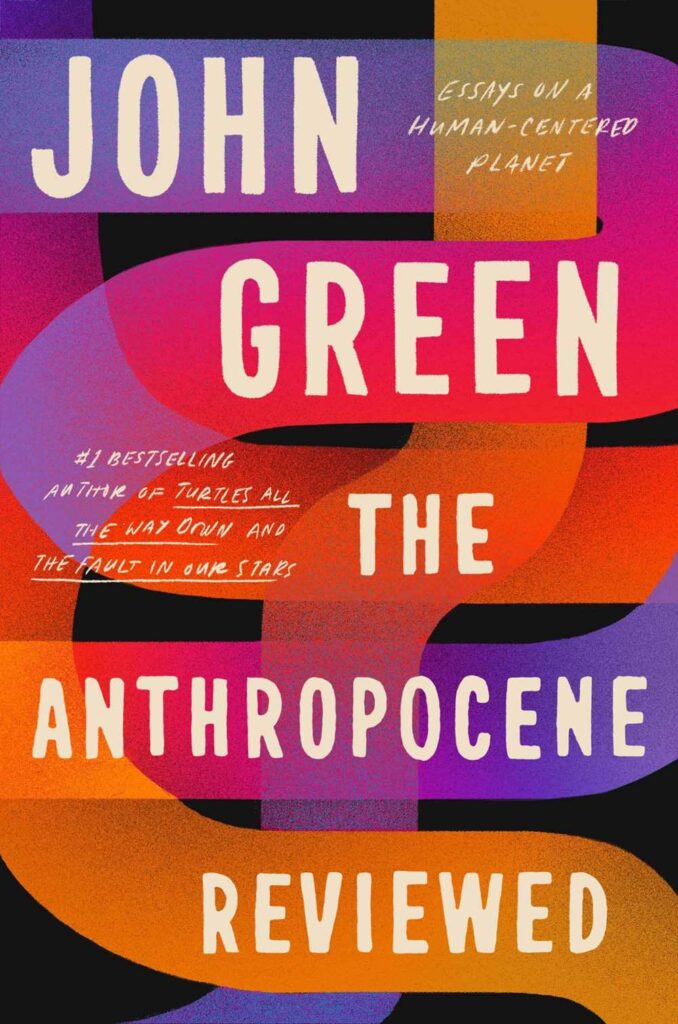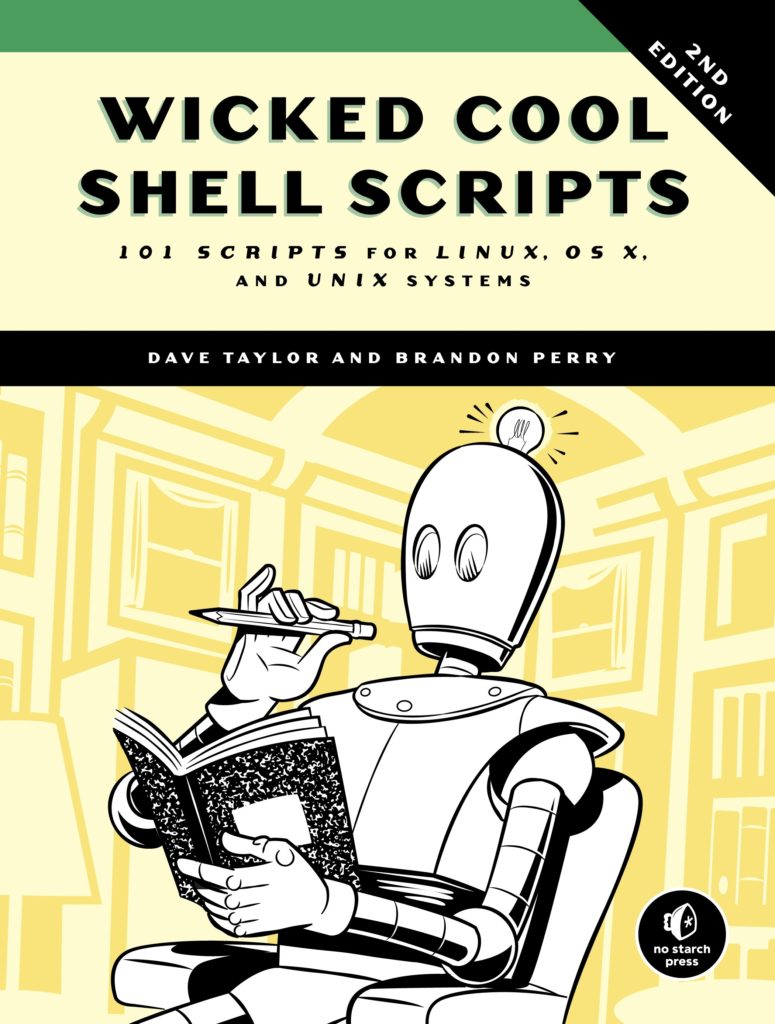UPDATE: Out in paperback on March 21, 2023. (I still recommend the audiobook, FWIW)
The adage that we shouldn’t judge a book by its cover is a valid one, but in this case, we also shouldn’t judge it by its title. Which is not to say the title of John Green’s latest book isn’t perfectly cromulent, but rather I wasn’t quite smart enough to appreciate it. I didn’t know the word “Anthropocene” (in fact, spellcheck had to help me both times I’ve typed it now), and so the book didn’t appeal to me at all. I honestly don’t remember why I picked it up. Perhaps I learned the word, and so felt a bit of a kinship to the title, it being one of the only places I’ve ever seen the word used. Nevertheless, I’m glad I read the book. Or rather, I’m glad I’m reading the book. I have a chapter or two left. But I need to take breaks while reading it, lest I get overwhelmed. His writing is powerful, and makes me think. So much so that I often need some time to think about what I just read before I can read more.
For those in a similar boat to former me, “Anthropocene” (got it on my own that time) is a geological period, or geological age. Specifically, it’s the chunk of Earth’s history where humans have played a significant role. So we’re currently “in” the Anthropocene, and it’s been happening, well, ever since we did stuff in caves with rocks I guess. Maybe later. I’m not sure we really had an important enough role back then to kickstart the age. Maybe it was when we drove the first species to extinction. (There’s most certainly a defining event or something, but I’m not an expert. I just recently learned to spell the darn thing.)
John’s book is (I think) his first non-fiction book. It’s more about him than it is about the world he reviews, but that’s why reviews are valuable to us. A review is not a description, but rather an estimation and application of value to a thing. And it takes a person to do that. When that person shares some common values and/or world views, their measure of a thing is even more valuable, because it’s likely to align to our own. That actually makes me realize that I’m reviewing a review of things reviewed by another reviewer. That’s weird. So rather than reviewing the reviews, please allow me to review the style of the reviews, and the selection process of which things were chosen to review. It’s still weird, but it feels less icky.
At its most basic, this book gives a star rating (from 1 to 5) on significant items, ideas, events, and stuff which has had a profound effect on John himself. Profundity can be either positive or negative, and so it goes with these reviews. Some reviews are “lighter” than others. Some we can identify with directly, and some are poignant but only as we compare them to similarities in our own lives. (Or as we empathize with him, which I am wont to do.)
That basic framework is nothing more than that, however. A framework. An “angle”, or a template for how to approach what is really more of a memoir of sometimes un-directly-related things. A memoir generally needs to have an overarching narrative, so this doesn’t really fit the bill… but it almost does, because profound events in our lives are indeed what make us who we are. So perhaps the narrative is reflected in the title. In as much as humanity’s impact on the Anthropocene is what defines it, a human’s life is defined by the events within it. These are not all the events in John Green’s life, but it includes some stand out moments which make it clear who he is, and some hope toward what his role might be in the Anthropocene itself.
It will come as no surprise to anyone familiar with his work that John has written (and performed, as he is the narrator in the audiobook) this book quite well. His writing is compelling, his insight is wise & considered, and he manages to mix humor and heartache in equal measure. The part that really struck me, however, was how vulnerable the writing felt. I don’t think John (or anyone, to be honest) is a good enough writer to “fake” the way this book exposed who he really is, and even more than that… why he is who he is. I suspect it was both incredibly cathartic, and deeply terrifying to write a book which was not only his first non-fiction, but was clearly a glimpse into the author himself.
I give The Anthropocene Reviewed five stars: 5.0 out of 5.0 stars





